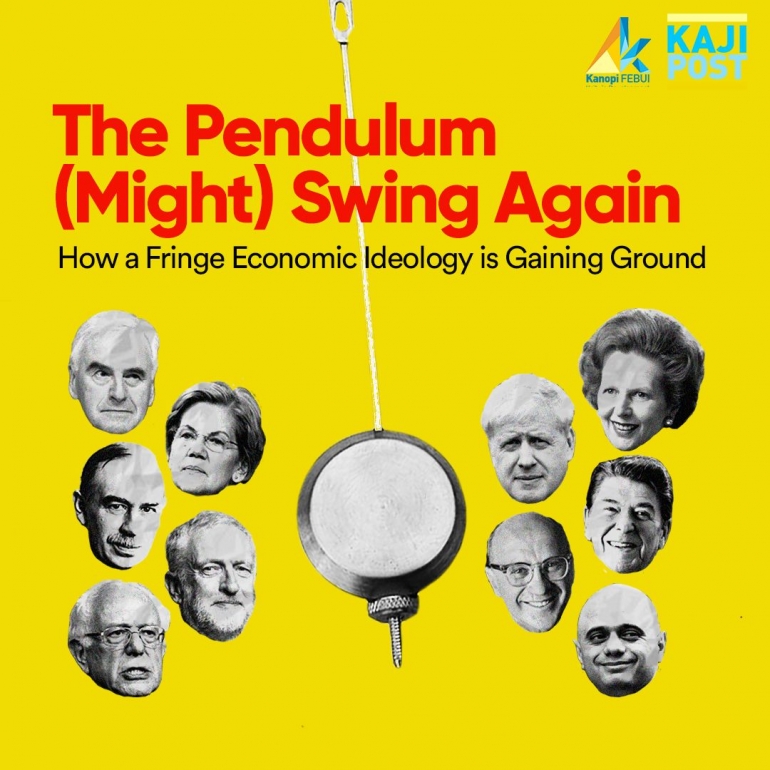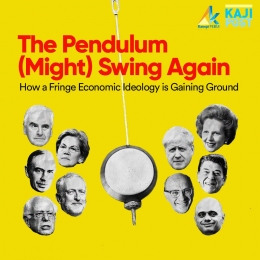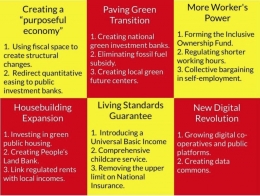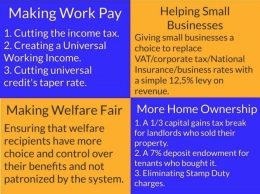Thursday, December 12, 2019, is a historical day. Britain went into the polls in winter, the first time since 1911. At first, the torn minority Tory government don't want an election.
"I don't want an election, you don't want an election," Prime Minister Boris Johnson said. In the end, it becomes the Tories' ultimate lucky strike. They got a majority of 78, their largest mandate since 1987.
This majority spells two things. First, the Conservative government got a powerful majority to get Brexit done. Second, it spells an end for Corbynism. Put together by Jeremy Corbyn, it is an ambitious, left-wing political agenda that would radically change the economic model of Britain. Other than that, it is a part of a worldwide political agenda that might swing the pendulum.
How Political Ideology Shapes our Economy
Economics is a multifaceted thing. Its aspects coincide with one another, forming complex relationships among economic actors. These relationships blossomed along the ages, but as the 20th century begins, there's a new kid on the block. It's called the interventionist government. David Lloyd George's 1909 "People's Budget" embodies this new type of government. It exercises its ability to influence society through economic policies so they can repair society's problems.
Thus, where is the source of these economic policy ideas? What is the source of political power's goals? There are many answers to these questions. One of them is a political ideology, which describes positions and strategies in the political field (Martin, 2015:9).
Political position shapes the general course of economic policy. Then, strategies form the practical ways to deliver those policies. Without political ideology, economic policy would lose its change-making abilities and legitimacy. Of course, no political power wants that.
To summarize, political power needs a political ideology. This ideology would shape the arsenal of economic policies, which would then create the desired changes in the economy.
Established political powers desire to preserve the prevailing economic structure. In contrast, revolutionary political powers desire to change the existing economic agenda.
How Ideological Hijacking Disrupts the Economy
To see these desires, let's hark back towards history. Remember The Great Depression in the 30s? This economic catastrophe ushered in The Keynesian Revolution.









